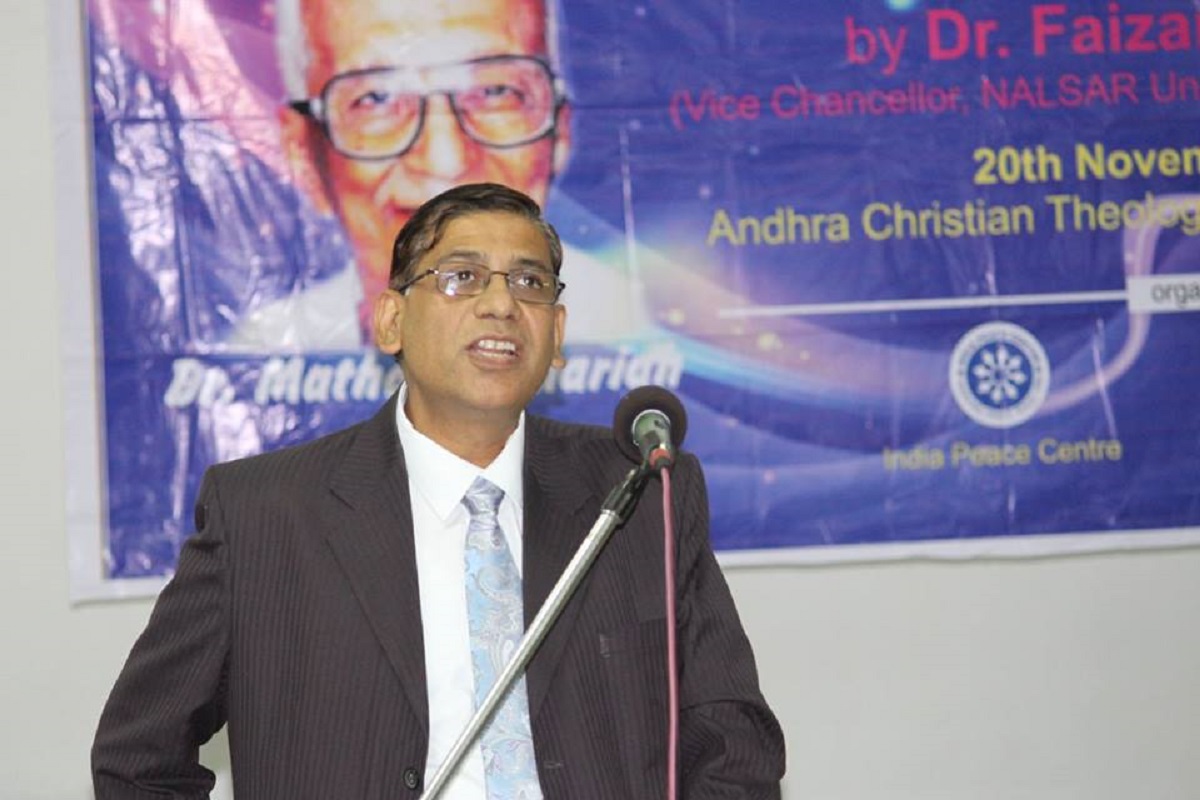The basis on which the National Register of Citizens (NRC) was created in Assam is a violation of the Citizenship Act of 1955, the prevailing law of the land, according to Prof Faizan Mustafa, Vice-Chancellor of the NALSAR University of Law, and a leading authority on the Indian Constitution.
In an interview to The Wire, Prof Mustafa said, “The NRC is a clear violation of Section 3 of the Citizenship Act. I am clear about it.” He said the NRC has 24 March 1971, as the cut-off date to determine citizenship of India. However, Section 3 (1) (a) of the Citizenship Act says that “every person born in India on or after the 26th day of January, 1950 but before the 1st day of July 1987 shall be a citizen of India by birth”.
Advertisement
Prof Mustafa said NRC coordinator Prateek Hajela had told the Supreme Court that “Citizenship purely by birth and not by descendance is not eligible for inclusion in NRC.” His grounds were that one parent of such persons could be a ‘doubtful voter’, a ‘declared foreigner’ or someone ‘whose claim for citizenship is pending before a Foreigner’s Tribunal’, the professor said. He dismissed Hajela’s arguments as “laughable”.
Prof Mustafa said the refusal to include in the NRC those born in India between Republic Day 1950 and 30 June 1987 was “a self-inflicted wound in which the Supreme Court is also a party … I would say that in this matter what was expected from the Court has not been delivered. Our expectation from the Court was that they would ensure that people are not denied citizenship if they have genuine documents. Instead people are becoming stateless because of this strict timeline set by the Court”.
Criticising the Foreigner’s Tribunals, Prof Mustafa called them “kangaroo courts”. He also said that keeping people in detention centres for a long time “violates international conventions”.











